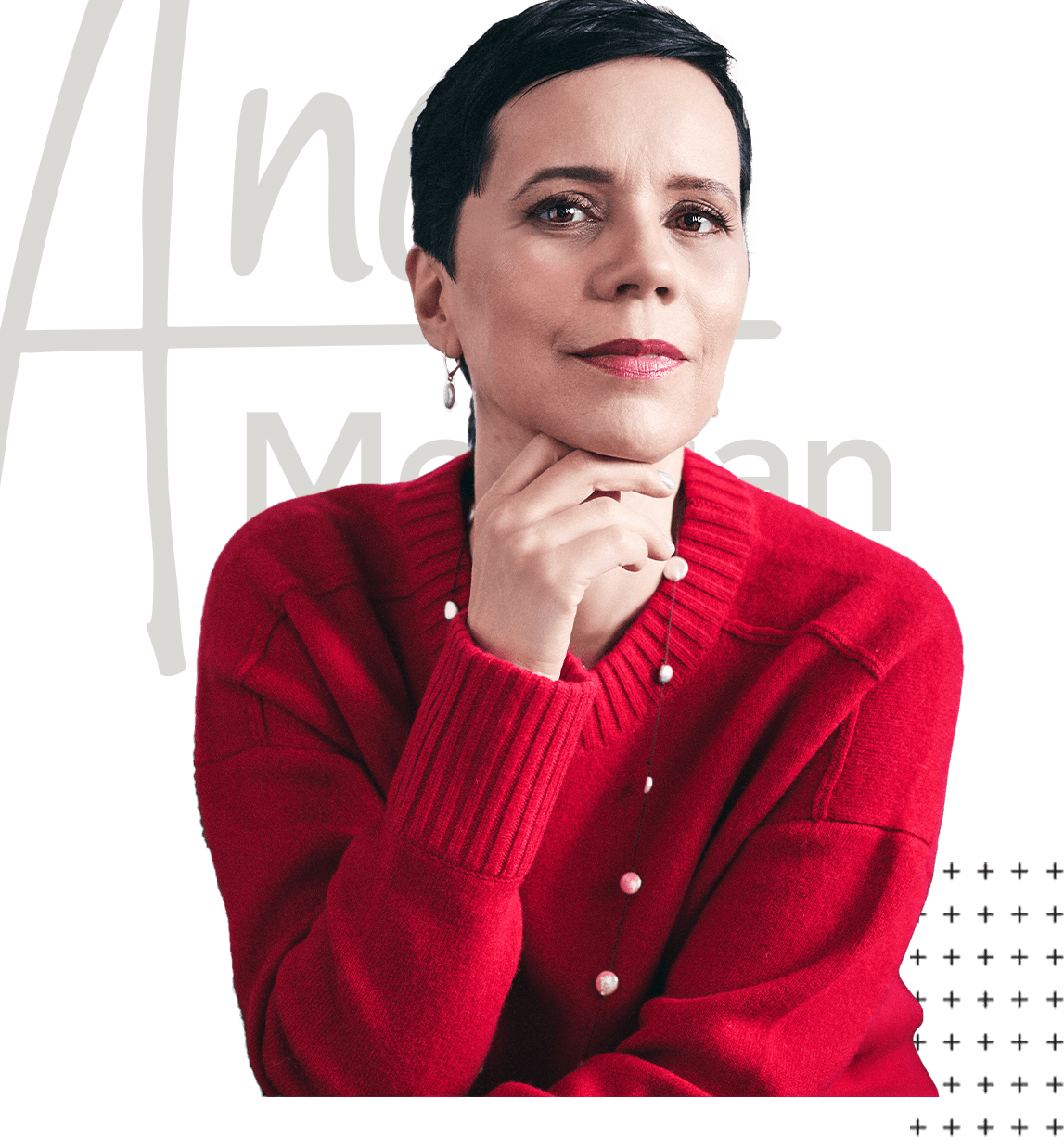Mindset Limitations: Pursuing Happiness
Podcast: Play in new window | Download | Embed
When we hear the words “mindset limitations” we often think about our beliefs, conscious or unconscious, that constrain the way we see, think, and feel the world around us. These beliefs affect our present reality and also impact what we can envision for the future and the possibilities we chose to explore.
Often, we are not aware of these limitations. They are mindset blind spots and as such, they are hidden. Sometimes, others can see them, but we don't. It often takes many painful life circumstances to expose them and give us the impetus to change.
Visual blind spots are great metaphors for our mindset limitations.
When we are driving and look into the side-view mirrors, we know there is a blind spot that remains, a zone around the car that we have to turn our head to see.
The eye blind spot is even more amazing. Our eyes have a natural blind spot, the area where the optic nerve exits the eye, that doesn’t have light receptors so, we cannot see any images that fall on that spot.
When I first learned about the eye blind spot, I wondered why so many of us never become aware of it.
We usually view with both eyes, so one eye sees the information that falls into the other eye's blind spot, and even when we look at something only with one eye, our brain fills in the missing information – our brain tricks us to see what is supposed to be there. Just google “blind spot test” to find easy-to-follow experiments that expose our visual blind spots.
It’s truly awe-inspiring how our brain can fill in the information that’s supposed to be there.
One of my biggest mindset limitations was the belief that one of the noblest goals in life was to pursue happiness. That was the goal I aspired to and was proud of. I consider myself an optimist by nature, always trying to see the silver lining in people and life circumstances. I focus on the positive, and wholeheartedly embrace the study of positive psychology, speaking about it, teaching it, even doing a podcast where most of the topics are about how to cultivate positivity.
I only very recently realized my blind spot around the concept of pursuing happiness. If I have this as a goal, by definition I'm always pursuing it, and therefore not enjoying, not being fully happy. This is a great strategy to keep detached from feelings, rationalizing everything, and being dissociated from the present moment. When I started to see my own blind spot, I started to see the possibility of choosing happiness at almost every step of the way. Happiness doesn't need to be a goal; it can be a way of being. Choosing to make lemonade out of lemons, adding some sugar (positivity), and enjoying drinking it! Yes, I was doing lemonade before, but not giving myself permission to flavor it or enjoy it.
I started to understand why I admired people like Victor Frankl, Nelson Mandela, and the kids playing in the rumbles of a war-destroyed city. I used to ask myself how could they smile?
Viktor Frankl survived the Nazi concentration camps, where his mother, father, brother, and wife were all killed. Afterward, he wrote “Man's Search for Meaning,” and created Logotherapy, a form of psychotherapy that is focused on the search for meaning.
Several years ago, I had the opportunity to interview Frankl’s grandson, Alexander Vesely, who describes him as a really interesting person, funny and witty, with a positive energy that would fill the room. I truly admire Viktor Frankl’s zest for life and his belief in the potential in us all.
Nelson Mandela is another inspiring human being. He spent twenty-seven years in prison fighting apartheid in South Africa. He is known for winning the Nobel Peace Prize and for having a fantastic sense of humor.
My own personal hero, my husband’s grandmother, Armen Melikian lived through the Armenia genocide in 1915–only she and her mother in her family of ten survived the killing and expulsion of the Armenian population from Turkey. She came to the United States in 1923, married, and endured the Great Depression with a young son. Only 4'10” in height, full of energy, and with a dynamic personality and biting sense of humor. On her 100th birthday, surrounded by family and friends, she grabbed the microphone and told one of her favorite jokes.
All these amazing people had such difficult life circumstances, yet they seized every opportunity to enjoy living.
I had to overcome two bouts with cancer to learn that pursuing happiness is a fallacy. During my first go-around with cancer, I was diagnosed with Inflammatory Breast Cancer, a rare form of cancer (representing 1 to 5% of all breast cancers) with a 5-year survival rate of 41%. Six years later, I’m healthy and strong and choosing to be happy. Grateful for the advances in medical treatments, I embraced my healing journey with all my strengths. At the time my mindset was, I can beat this with all my might, my strength, and determination. I came to understand, first-hand, what it is to fight cancer. I did it, I won the battle.
Two years later, when I was allowing myself to relax and start to enjoy life again, I found another cancer on my left breast. This time a more common type that represents 70 to 80% of all breast cancers, Invasive Ductal Carcinoma. I embraced my healing journey and treatments again, but my mindset had shifted. I realized that feeling betrayed by my body–and going to war against it–wasn’t the most effective way to heal it. I decided to embrace what was my current reality and treat my body like the amazing ally it was to help me get through to the other side….and perhaps most importantly I decided to stop the “When… Then…” cycles, I chose to learn how to flavor happiness. Even in the midst of cancer, I decided to make the best out of it. For instance, for the chemo, I requested to be seated in the treatment chair in front of the window with magnificent views of the Arizona desert. When all the food tasted like cardboard, I still set the table nicely to enjoy dinners with my family. We even created a ritual of sharing what we are grateful for that day before we start eating. Nowadays, when my 12 years old daughter’s best friend dines with us, my daughter loves to try to list as many thankfulness items as possible, and that truly makes my heart sing.
The COVID19 pandemic has been an awakening to so many of us. Yes, some are still holding their breath waiting for life to go back to normal. Others dealt with “lockdowns” by communing with nature, rediscovering a latent creativity, writing that book, picking up that paintbrush, enjoying that favorite room in the house, or embracing extended time with family.
Whatever your circumstances:
What mindset limitations did these crazy times reveal to you?
Were blind spots exposed to light?
What can you learn about yourself, the ones around you, and the world?
Can you train yourself to focus on the good stuff?
Can you train yourself to enjoy, to flavor every bit of the good stuff?
What strengths can you develop to help you be more resilient?
What inspiring action can you take to be happier and live a more meaningful life?
“Happiness doesn't need to be a goal; it can be a way of being.”
Ana Melikian, Ph.D.








